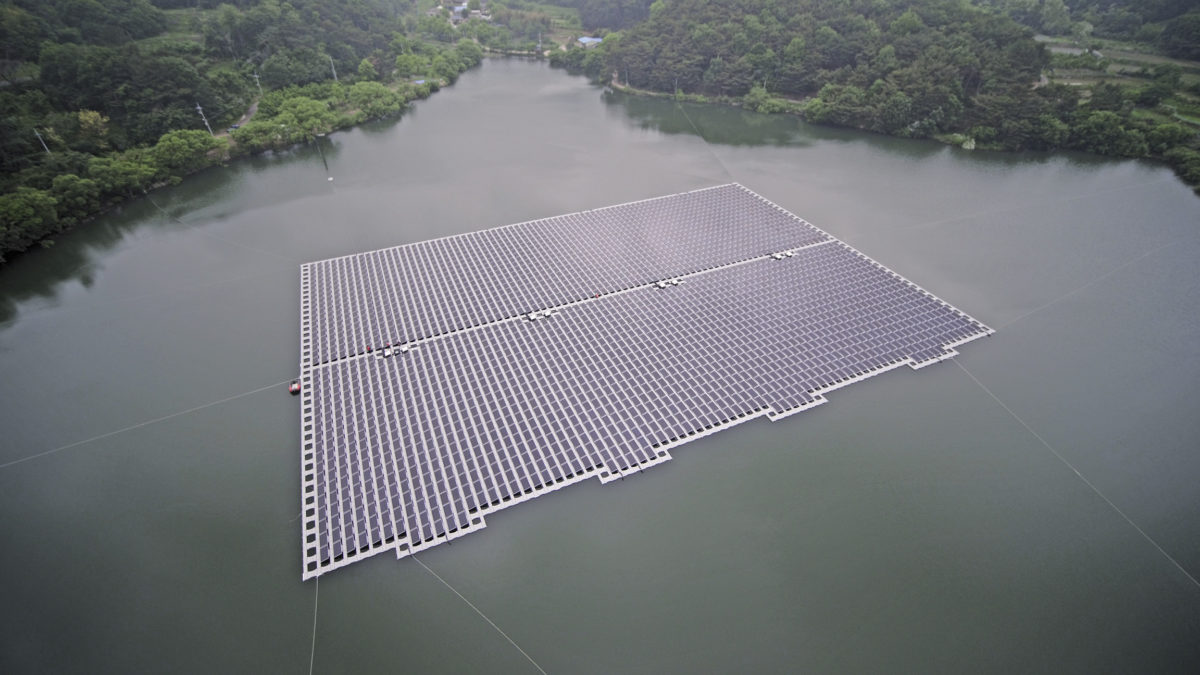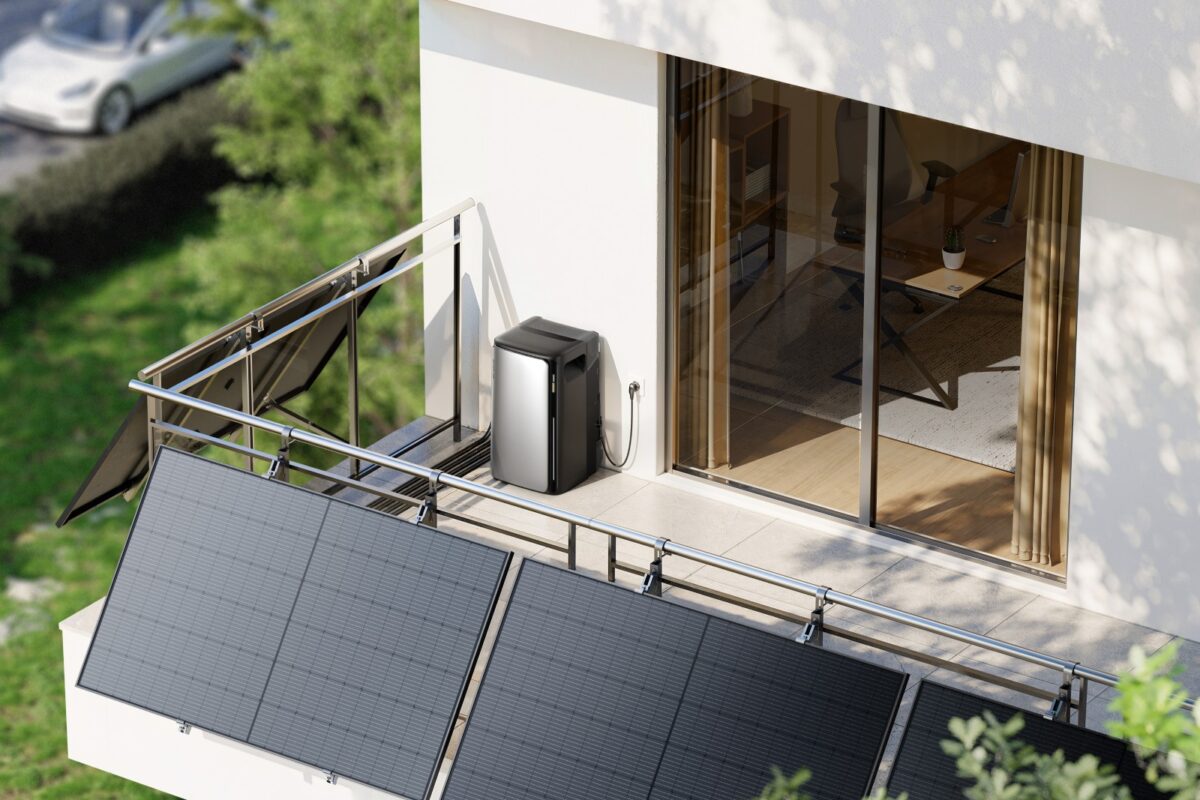From pv magazine Australia.
Abu-Dhabi-based renewable energy business Masdar has signed a power purchase agreement with Indonesian state electricity company Perusahaan Listrik Negara (PLN) to develop the country’s first floating PV plant. Masdar, part of the state-owned Mubadala investment fund, says the floating project will be the largest of its kind in Southeast Asia.
The agreement, finalized at the presidential palace in Abu Dhabi on Sunday, represents a coup for crown prince Sheikh Mohamed bin Zayed Al Nahyan and Indonesian president Joko Widodo. Abu Dhabi says it wants to diversify its fossil fuel-dominated energy portfolio and Indonesia needs solutions to the power integration issues plaguing its archipelago.
Floating solar ambition
The planned 145 MW floating PV plant will be built on a 225ha section of the Cirata Reservoir in West Java. Indonesia, with more than 17,000 islands and 100 reservoirs – plus 521 natural lakes – is planning a further 60 floating PV installations as it chases a target of having 23% of its power generated by renewables by 2025, and 31% by 2030.
The nation is the biggest energy consumer among the Association of Southeast Asian Nations and the International Renewable Energy Agency estimates it could save $51.7 billion per year by reducing fossil fuel generation, thanks to reduced air pollution and climate change impacts.
Operation date
“The Cirata floating PV project is a monumental renewable energy project for Indonesia and the biggest floating PV [facility] in Southeast Asia,” said PLN president Zulkifli Zaini. “It will improve the capability of the Jawa-Bali power system and also increase the renewable energy mix in Indonesia. The potential of similar projects is endless and we anticipate construction should begin soon, aiming for commercial operation in 2022.”
“The United Arab Emirates has demonstrated a long standing commitment to promoting and investing in clean energy projects around the world,” said Sultan Ahmed Al Jaber, UAE minister of state and chairman of Masdar. The Our World in Data statistics website based at Oxford University listed the UAE as the fourth worst polluting nation in the world in 2017, in terms of its per capita carbon footprint, with a figure of 24.66 tons, compared to Qatar’s 49.18; Trinidad & Tobago, with 29.72; and Kuwait, with 25.24.
Verifiable sustainability
In recent months, Masdar has won auctions to build 200 MW of solar generation capacity in Azerbaijan, 100 MW of PV in Uzbekistan and 400 MW in Armenia. Its renewable energy generation portfolio stands at roughly 5 GW, backed by investment of around $13.5 billion.
“This agreement between Masdar and [the] PLN marks a significant milestone in Indonesia’s sustainable energy journey,” said Al Jaber. “Leveraging innovative solutions such as this floating solar PV project will be critical to the nation achieving its renewable energy targets and to supporting its sustainable growth.”
By Blake Matich
This content is protected by copyright and may not be reused. If you want to cooperate with us and would like to reuse some of our content, please contact: editors@pv-magazine.com.



4 comments
By submitting this form you agree to pv magazine using your data for the purposes of publishing your comment.
Your personal data will only be disclosed or otherwise transmitted to third parties for the purposes of spam filtering or if this is necessary for technical maintenance of the website. Any other transfer to third parties will not take place unless this is justified on the basis of applicable data protection regulations or if pv magazine is legally obliged to do so.
You may revoke this consent at any time with effect for the future, in which case your personal data will be deleted immediately. Otherwise, your data will be deleted if pv magazine has processed your request or the purpose of data storage is fulfilled.
Further information on data privacy can be found in our Data Protection Policy.